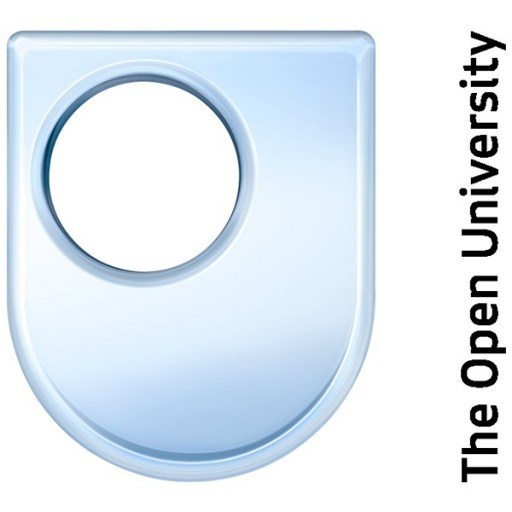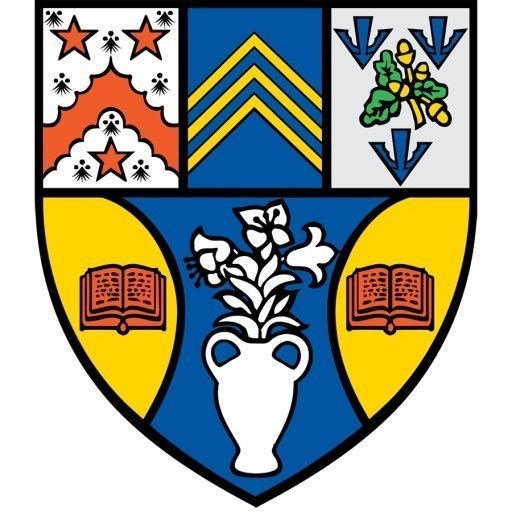The Open University’s Engineering degree programmes offer a comprehensive and flexible path for students seeking to develop their skills and knowledge in various engineering disciplines. Designed to accommodate diverse learning needs and professional commitments, these programmes provide an accessible route into engineering careers or further study. Students will explore fundamental concepts in engineering science, mathematics, design, and technology, gaining a solid theoretical foundation alongside practical problem-solving skills. The curriculum covers areas such as electrical and electronic engineering, mechanical engineering, civil engineering, and more specialised fields, allowing learners to tailor their studies to their interests and career goals. Through a combination of online lectures, interactive modules, and real-world project work, students develop a deep understanding of engineering principles and their applications in industry. The programme emphasizes critical thinking, innovation, and sustainable engineering practices, preparing graduates to contribute to technological advancements and societal development. With the support of experienced tutors and access to a broad range of learning resources, students are encouraged to develop their confidence and expertise in designing, analysing, and implementing engineering solutions. The Open University’s flexible study options enable students to study part-time or full-time, balancing education with personal and professional commitments. Upon completion, graduates are equipped with the technical skills, theoretical knowledge, and practical experience needed to pursue diverse careers in engineering sectors, or to continue their education through postgraduate studies. The programme also fosters skills in teamwork, communication, and project management, essential for success in a competitive engineering field. Whether starting a new career, advancing in your current role, or undertaking research, the Open University’s Engineering degree programmes provide a supportive and innovative learning environment to help you achieve your ambitions in engineering.
The Open University offers a comprehensive Bachelor of Engineering (BEng) programme designed to equip students with the fundamental knowledge and practical skills required for a successful career in engineering. This programme provides a broad overview of key engineering disciplines, including mechanical, electrical, civil, and electronic engineering, allowing students to develop a versatile skill set applicable across various industries. Throughout the course, students engage with core topics such as engineering principles, mathematics, physics, materials science, and design methodology, fostering a strong theoretical foundation. Additionally, the programme emphasizes the development of practical skills through laboratory work, project-based assignments, and collaborative activities, encouraging innovation, problem-solving, and critical thinking. The curriculum integrates modern engineering technologies, including digital systems, automation, and renewable energy, preparing students to meet contemporary engineering challenges. Students also have opportunities to specialize in areas aligned with their interests and career goals through optional modules, research projects, and industry placements where available. The programme is delivered through flexible online learning, enabling students to study at their own pace while balancing personal and professional commitments. Assessment methods include coursework, online examinations, and project reports, aimed at evaluating both theoretical understanding and practical application. Graduates of the programme are well-prepared for entry-level engineering roles or further postgraduate studies. The Open University’s engineering programme is committed to fostering innovation, sustainability, and ethical practices within the engineering sector, contributing to the development of solutions vital for modern society.
Programme requirements for the Engineering degree at The Open University include a combination of academic prerequisites, skill development components, and specific student commitments. Applicants are generally expected to possess a strong foundation in Mathematics and Physics, typically demonstrated through relevant prior study or equivalent experience, to ensure they can engage effectively with the technical content of the programme. A minimum of A-levels or equivalent qualifications is usually required, although specific entry criteria may vary depending on the country of residence and the chosen specialization within engineering. Prospective students should be prepared to commit to a flexible learning schedule, as the programme emphasizes self-directed study complemented by online tutorials, assessments, and project work. Technical equipment such as a computer with internet access and relevant software is essential for accessing course materials, participating in virtual labs, and completing assignments. The programme is designed to develop competencies in core areas including electrical, mechanical, and civil engineering principles, along with associated skills in problem-solving, design, and project management. Students are encouraged to undertake practical projects, which may require access to local facilities or virtual simulation tools. Additionally, the programme fosters communication skills, teamwork, and ethical understanding in engineering contexts. International students should verify any additional language proficiency requirements, such as IELTS or TOEFL scores, to ensure their ability to engage with the curriculum fully. To graduate, students must complete a series of modules totaling a specified credit value, pass all assessments, and often undertake a capstone project that integrates learning across disciplines. Certain modules may have pre-requisites or require prior completion of foundational courses. The programme aims to prepare graduates for careers in various engineering sectors or further study in specialized fields. Overall, the requirements are designed to ensure students have the necessary academic background, technical skills, and motivation to succeed in the dynamic field of engineering amid the evolving technological landscape.
The Open University offers flexible financing options for students enrolled in their Engineering programs, allowing learners from various financial backgrounds to pursue their studies without undue hardship. The university provides a range of support mechanisms including student loans, grants, and scholarships. Students based in the UK can access government-backed student loans that cover tuition fees, which are repayable only after graduation and when earning above a certain threshold. These loans help reduce the immediate financial burden and enable more accessible higher education.
In addition to government loans, The Open University offers its own financial support schemes, such as bursaries and bursary programs, aimed at supporting students facing financial difficulties. Scholarships are also available for specific groups or achievement-based criteria, providing additional funding sources to help offset costs. The university encourages part-time study, which allows students to work alongside their studies, thereby generating income to fund their education. This flexibility supports students who need to balance employment and learning commitments.
International students may explore different financial arrangements, including private funding and sponsorships, as the university does not generally offer government loans outside the UK. For all students, the university recommends engaging with its dedicated finance guidance services early in the application process to understand eligibility for financial aid, develop a feasible budget, and plan for any additional costs such as books, equipment, or study materials.
The Open University also promotes online learning, which reduces costs associated with traditional on-campus studying, such as commuting and accommodation. This cost-effective mode of study makes financing more manageable for a broader demographic. Moreover, the university’s flexible degree structure allows students to pay in installments, spreading the workload and reducing financial strain.
Overall, The Open University’s approach to financing engineering studies emphasizes accessibility, flexibility, and support, ensuring students can focus on their education while managing their financial commitments efficiently. It encourages prospective students to explore all available options early and take advantage of the resources provided by the university to make their engineering ambitions attainable.
The Open University offers a comprehensive range of engineering degree programs designed to suit students worldwide who wish to pursue a career in various engineering disciplines. These programs are characterized by their flexible learning structure, allowing students to study at their own pace and balance their studies with work and personal commitments. The university's engineering courses cover fundamental topics such as mechanical, electrical, civil, and electronic engineering, providing a solid foundation in engineering principles and practices.
Students enrolling in these programs benefit from high-quality online study materials, interactive tutorials, and access to a supportive academic community. The curriculum emphasizes practical problem-solving skills, innovative thinking, and real-world application of engineering concepts, preparing graduates for diverse roles in industry, research, and development. The Open University also offers specialization options within engineering, enabling students to focus on areas like renewable energy, systems engineering, or robotics, depending on their interests and career goals.
Assessment methods typically include assignments, projects, and examinations, all designed to develop critical thinking and practical skills. The university's flexible approach allows students to choose when and how to study, making it accessible to those who may be working or have other commitments. Additionally, The Open University collaborates with various industry partners, ensuring the curriculum remains relevant and aligned with current technological advances and industry needs. Graduates of these programs often find employment in engineering consulting firms, manufacturing industries, energy companies, and governmental agencies.
Furthermore, The Open University provides extensive support services, including academic advising, online libraries, and technical assistance, to help students succeed. The university’s engineering programs are accredited or recognized by relevant professional engineering bodies, ensuring that graduates meet industry standards and are well-prepared for professional registration if required. Overall, The Open University’s engineering programs offer a flexible, accessible, and high-quality education for aspiring engineers worldwide.







